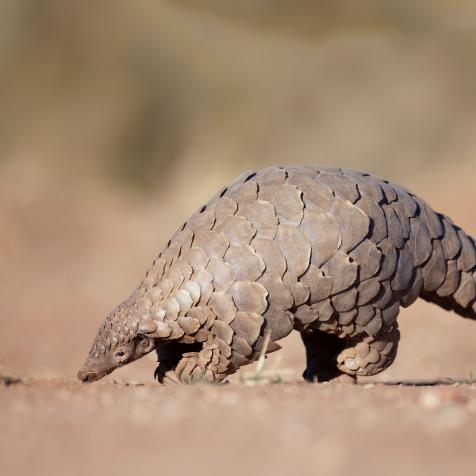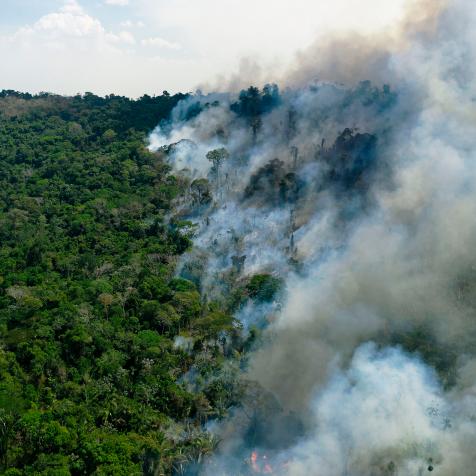
piermichelemalucchi
Cicadas: An Early Invasion
Match point, 2020. Early cicadas are here to ruin your quiet outdoor moments.
It is 2020. We’re currently living through a global pandemic, civil unrest all over the world, and don’t forget the threat of murder hornets, among other radically tragic events and occurrences that in any other year would be an entire feature. But this year, on top of everything, the cicadas are coming early. Yeah, you heard right.
The Early Shift
In the late spring and early summer months, you’re likely to have encountered these massive flying insects with distinguishably large eyes. They are on a mating and life cycle of 13 or 17 years—meaning, they don’t plague the human population annually, but when they do show up, they make it a summer to remember. Though it may seem like they do show up every year, they are more or less on shifts with lifecycles that occur rotationally.
Many entomologists spend their life’s work dedicated to tracking cicadas globally by observing their mating and growth cycles. And it looks like we’re set to get a large group of these prehistoric and noisy winged pests show up earlier than anticipated.
Early Brood Catches the Worm

Bloomberg Creative Photos
Classified by brood, or breeding group, the Chicago suburbs are getting an early invasion, four years ahead of schedule. A likely explanation for this is climate change. The fluctuation of temperature throughout the seasons—warmth at Christmas, snow on Memorial Day, which are traditional signs of a warming planet, also have implications on the lifecycle of cicadas.
So this year, when you are taking an evening stroll and hear a buzzing sound louder than the person standing directly next to you, assume your conversation is being infiltrated by an adjacent swarm of cicadas. Their resilience is astounding, but who knows, maybe we should keep an eye on the ones that show up during 2020.


















